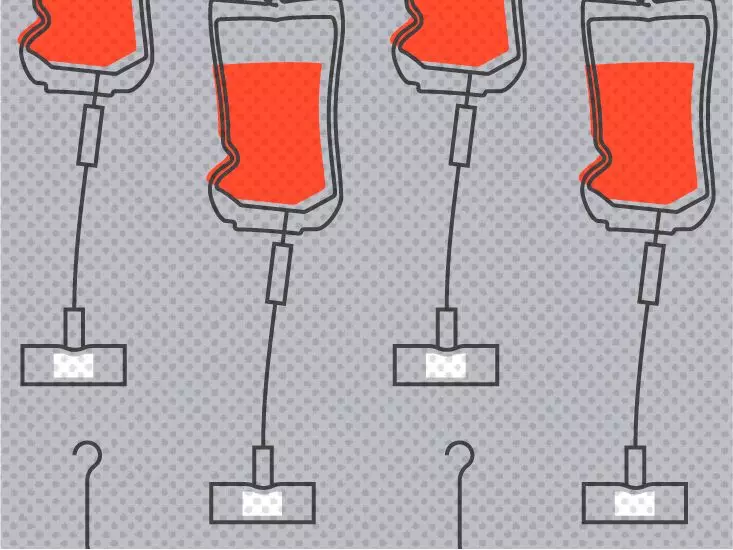Provenge (sipuleucel-t) is a medication prescribed for prostate cancer in specific situations. While it is crucial for treating this type of cancer, there are certain side effects associated with its use that patients need to be aware of. Understanding these side effects and knowing how to manage them is essential for anyone undergoing treatment with Provenge.
Common Mild Side Effects
Like any other medication, Provenge can cause mild side effects that are usually temporary and manageable. Some of the common mild side effects reported by patients include anemia, mild infusion reactions (such as chills, fever, or fatigue), constipation, dizziness, headache, nausea, pain (back or joint pain), paresthesia (numbness, burning, or tingling in extremities), and vomiting. If these side effects persist, worsen, or become bothersome, it is important to consult your doctor or pharmacist for guidance.
While most side effects of Provenge are mild, there are also serious side effects that require immediate medical attention. Some of the serious side effects associated with Provenge include stroke (transient ischemic attack), heart attack, and blood clots. Symptoms of these serious side effects can range from numbness or weakness to difficulty speaking, walking, or understanding speech. If any of these symptoms occur, it is crucial to contact your healthcare provider promptly.
Infusion reactions are a common side effect of Provenge, especially after the second infusion. These reactions can be mild or severe and may include symptoms like chills, fever, or fatigue. Patients with underlying heart or lung conditions may be at a higher risk of experiencing infusion reactions. Healthcare professionals usually administer medications like acetaminophen and antihistamines before the infusion to minimize these reactions. It is important to closely monitor patients during and after the infusion to manage any potential reactions effectively.
Blood Clots
Another serious side effect of Provenge is the occurrence of blood clots, such as deep vein thrombosis or pulmonary embolism. Symptoms of blood clots include pain, swelling, warmth in the affected limb, difficulty breathing, and chest pain. Individuals with a history of heart problems or who smoke tobacco may be at a heightened risk of developing blood clots after receiving Provenge. If any symptoms of a blood clot arise, immediate medical attention is necessary to prevent complications.
Managing Allergic Reactions
While allergic reactions to Provenge are rare, they can still occur. Symptoms of allergic reactions can vary from mild rashes to severe swelling or difficulty breathing. Patients experiencing mild allergic reactions should contact their doctor for appropriate treatment, while those with severe reactions should seek emergency medical care. In case of a severe allergic reaction, an alternative treatment may be recommended by the healthcare provider.
Provenge is an effective medication for treating prostate cancer, but it is essential to be aware of the potential side effects associated with its use. By understanding these side effects and knowing how to manage them, patients can undergo treatment with Provenge safely and effectively. If any side effects persist or worsen, it is crucial to seek medical advice promptly. Consulting with a healthcare professional before starting Provenge treatment is advisable to ensure that the medication is suitable for your specific health condition.

